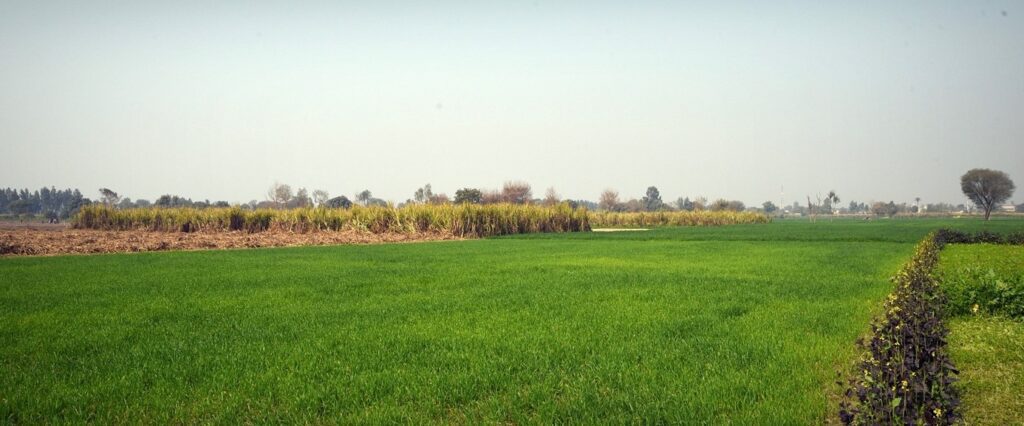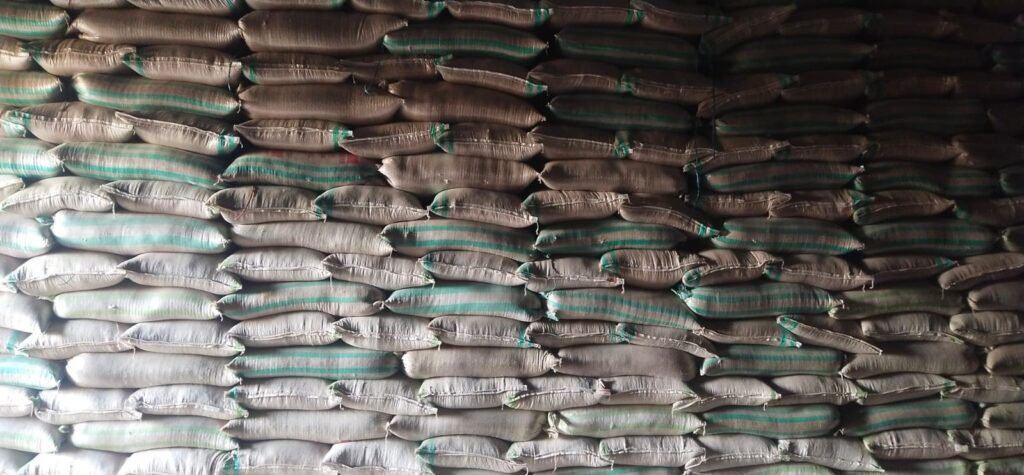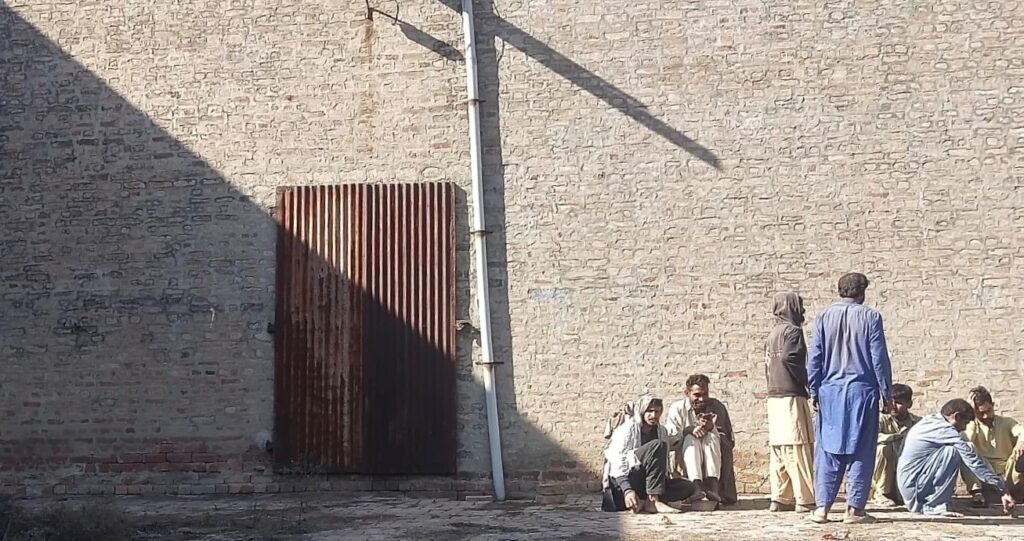
By June 2022, the Punjab government’s commodity debt had risen to PKR 629 billion – equivalent to the annual budget for health or education. Only PKR 248 billion of this debt was secured by the value of wheat held in government reserves. Without decisive intervention, projections indicated that the debt would exceed PKR 1 trillion by 2024, constraining provincial resources and jeopardising essential public services.
To address the unsustainable wheat subsidy, the Sub-National Governance (SNG) programme supported the Punjab government develop a strategy to retire the mounting debt. Through concerted effort and strong government commitment, significant progress was made toward fiscal stability, reducing the debt to PKR 355 billion by March 2024, of which PKR 221 billion was backed by wheat stocks.
The root of the problem: Escalating costs due to financial mismanagement
Punjab’s wheat subsidy policy, originally designed to support small farmers and stabilise flour prices for urban consumers, has become a significant fiscal burden. Introduced in the 1950s, when the government provided wheat to low-income households through ration shops, the policy evolved to a general when subsidy in 1987.
Over the past 15 years, the cost of this policy has soared. Government bought wheat from farmers at above market prices and sold it at discounted rates to flour mills. The widening gap between purchase and sale price, along with procurement and storage costs, and interest on commercial loans, were absorbed by the government. Budget allocations to meet the gap fell short of covering these costs, causing the debt to escalate.
The problem was exacerbated by lack of transparency over the costs of Punjab’s wheat policy. Since transactions were not directly reflected in government accounts, oversight remained weak. Detailed financial data was kept by the Food Department, limiting Finance Department’s oversight of the growing debt. As a result, Punjab’s wheat policy became an unchecked fiscal risk that remained poorly understood and unaddressed.

SNG’s role in prioritising commodity debt reform
Starting in 2022, SNG played a key role in driving efforts to retire Punjab’s growing commodity debt. With the backing of the Finance Department, SNG supported government develop a strategy to retire the debt not backed by wheat stocks. Analysis showed that the debt could be cleared within a few years through careful financial management.
The team engaged with key government stakeholders, including the Departments of Finance, and Food and Agriculture, and raised awareness of the issue with Punjab’s Fiscal Space and Revenue Mobilisation Committees. This coordinated effort led to approval by the provincial Cabinet of a debt management plan.
An unexpected opportunity arose in 2023, when the interim government found itself unable to fund new development projects without prior approval from the Election Commission of Pakistan. This created fiscal space for SNG to successfully advocate for an allocation of PKR 225 billion to retire part of the province’s wheat debt.
Momentum continued after the new government took office in 2024. Through persistent lobbying and advocacy by SNG, the FY25 budget allocated PKR 375 billion for further debt reduction. This reflected strong government commitment to fiscal sustainability and positioned the province on a more stable financial footing.

Maximising savings through stakeholder engagement
Implementing this plan was initially met with resistance., particularly from commercial banks that had benefitted from the previous policy. The banks lobbied against the reform, offering more favourable terms if government agreed to rollover its debt portfolio rather than retire it altogether.
Despite this pressure, government, backed by analytical support from SNG, stood firm in its decision. The clearance of a significant share of the commodity debt saved government PKR 107 billion in mark-up payments during FY 2023-24 alone. As part of its assistance to government, SNG supported negotiations with commercial banks to reduce the cost of the remaining debt, resulting in additional savings of PKR 35 billion[1].
[1] The loan markup came down from as high as 300 basis points above KIBOR to an average of KIBOR + 100 basis points, with the most recent markup rates at negative spreads.

Fostering transparency and accountability in public finance
To ensure long-term fiscal health and greater transparency, SNG helped government develop its first-ever Fiscal Framework, aligned with International Monetary Fund standards. The Framework, which provides an overview of wheat operations and associated fiscal risks, forms part of the Annual Budget Statement presented to the provincial legislature.
For the first time in 2024, Punjab’s commodity operations were fully disclosed to the Provincial Assembly. This marks a significant step towards greater transparency and accountability by legislators and the general public. By committing to the new standards, government has shown a positive step toward improving public financial management and freeing-up funds for essential public services.

As a result of these efforts, Punjab has freed up PKR 222 billion in fiscal space for essential public services, such as health and education. The newly available funding has also enabled government introduce targeted subsidy programmes to support vulnerable farmers and boost agricultural productivity.
The successful retirement of Punjab’s commodity debt demonstrates that evidence-based technical assistance and strong political will can drive change, even in a challenging context. By collaborating with SNG and committing to fiscal reform, the Punjab government has taken a major step toward long-term financial stability, and unlocking resources to improve public services to benefit the people of Punjab.

